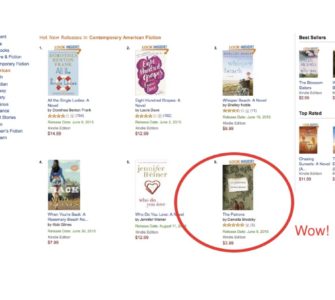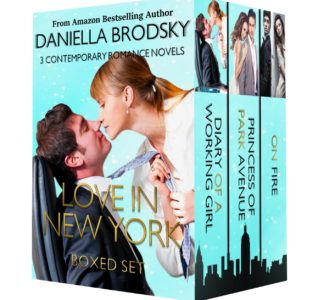Lately, there has been a proliferation of articles considering the effects of the hyper-tailoring Google and other platforms have been tinkering with in order to give us only the kind of information we routinely search for. The argument against this selective searching—which I wholeheartedly agree with—is that we won’t have a true picture of news, events, and information, only a pigeon-holed view; but our exposure to new interests could be stifled, too. Which has got me thinking about what this means for research, and on top of that, how the internet in general has changed and impacted the way fiction writers do what they do.
To give you an idea of how I cultivate information to build my fiction, let me give you a recent example from my work-in-progress (WIP). I had been listening to a radio show about gardening, which I often do—now with more interest than ever since gardens play a key role in my WIP—and learned about Scribbly Gums. Being American, I hadn’t heard of this kind of Gum before, and perked up at the literary sound of the tree. I made a note to look this tree up at the National Library where I often conduct research. Only, my schedule had changed unexpectedly and I wasn’t able to make it to the library, so later that evening, I Googled “Scribbly Gums” and came up with a few interesting information pieces by CSIRO. Off the bat, whatever I found on those pages would lead me down a different path from what I’d find in the library, because there I would be looking at books, which like Google, lead me to other sources, but nearly always, different sources than Google would lead to. Why? Because institutions hold items that Google doesn’t, for one, or that would possibly come up last in a Google search, for the mere fact that it hasn’t recently been featured on Oprah.
With books, as with Google, that secondary source leads to another, and another, and whatever takes my fancy and works well to build out my story and characters, then that’s the direction I take—again, the major difference being in what kind of information I would be led to and how I interact with it. In this case, the CSIRO article linked me to two other articles on the same site, and then to two author references to Scribbly Gums, of cultural importance. One of these happened to be May Gibbs, and when I looked at her wonderful illustrations, I realized I needed to somehow incorporate her story into my story. I went the very next morning to my local bookshop and picked up a beautiful hardback copy of her beloved gum nut adventures. I carried that book with me on my business trip and read it cover to cover, noting bits that would make for fantastic allusions for my characters.
But what if I only used Google for my research? And what if that research was narrowed down only to the entries that Google thought I would be interested in, based on my search history? I simply cannot see how this can make for the best, most fully-realized fiction because the act of research, of holding books, of searching for the books—be it in library, book shop, or op shop—leads you, via chance—down a path of interest completely unique from the path anyone else could be led down or even that you, yourself, would be led down at any other time or any other place, and that is because your search is an active one, a give-and-take between you and the books which is shaped by all types of variables—from mood to whimsy, to pretty covers and personal interaction along the way. And this is quite different from a search engine’s results: something you’ve been neatly handed over because you often research your horoscope when you’re procrastinating writing.
Convenience. I’m all for it, and God am I thankful to have Google for a quick look-up or reference to a specific type of flower that is hardy through winter. But at what point are things too convenient? At what point are we simply sacrificing the quality of our experience for ease of use? Remember the slow food movement? What about the slow research movement? In both cases, it’s all about the quality.
PS: After writing this, I went to the public library to return a book, and when I went in for a quick browse, came upon a non-fiction book about brain function in decision making. It was in this book I happened upon the resolutions to two of my characters’ conflicts. Just something to think about.



Leave a Reply